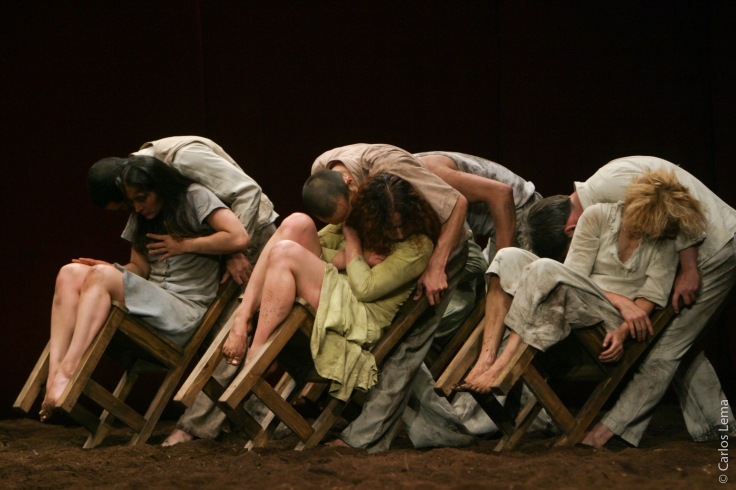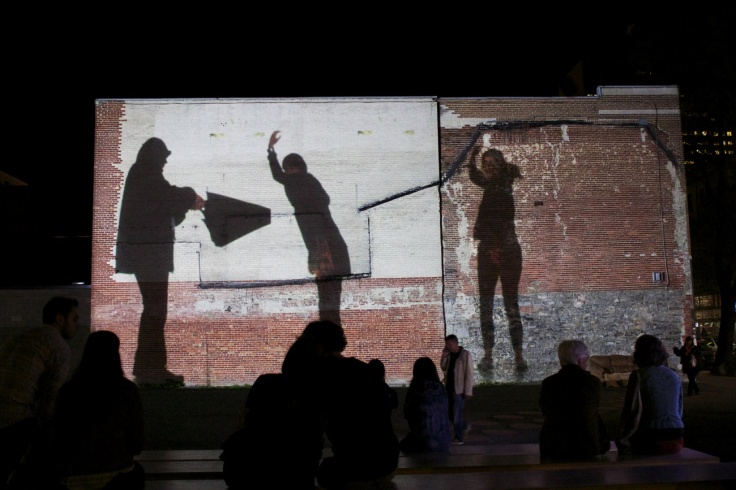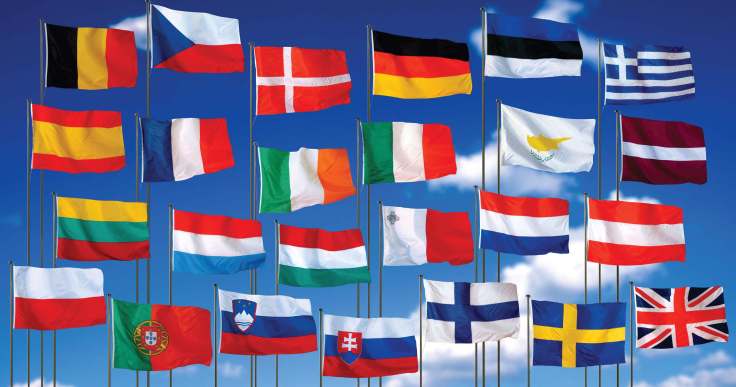By Nora Elena Espinal-Monsalve, Andrey David Ramos-Ramírez y Luz Yadira Gómez-Hernández
The relationship between cultural reproduction and cultural consumption can be framed from the theory of social reproduction of Bourdieu (1986) to the theories of cultural omnivorousness (Peterson, Simkus, and Kern, 1996) and individualization (Bauman (2007). Greater participation in cultural activities generates employment, economic growth, and increases the perception of the quality of life. As such, understanding the extent to which it is an inherited behaviour from parents, is a fundamental policy issue to reduce participation gaps among different demographics. Continue reading “TESTING THE CULTURAL CAPITAL REPRODUCTION THEORY IN COLOMBIA”






Recent Comments